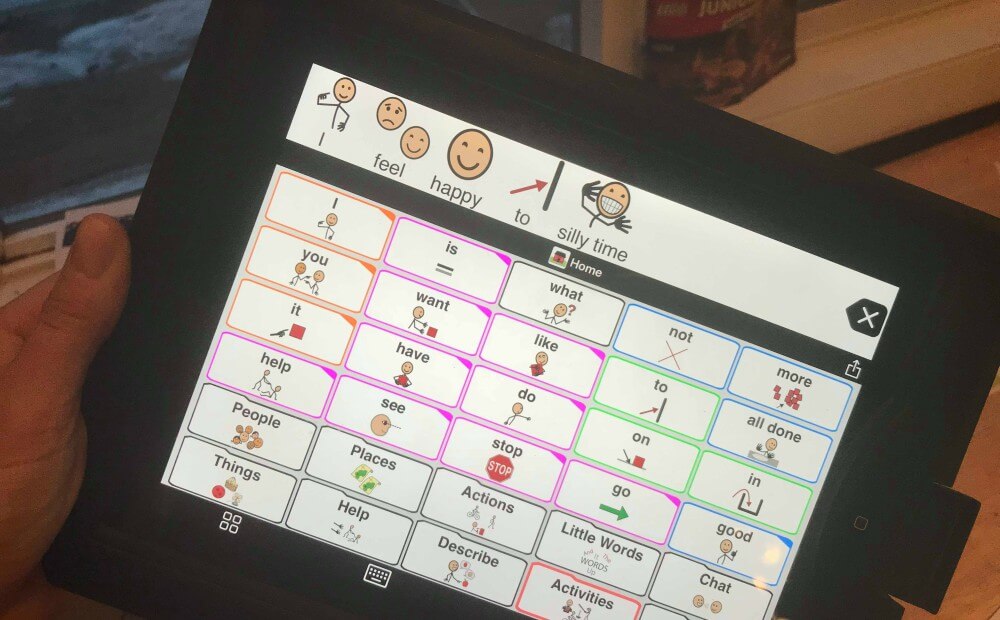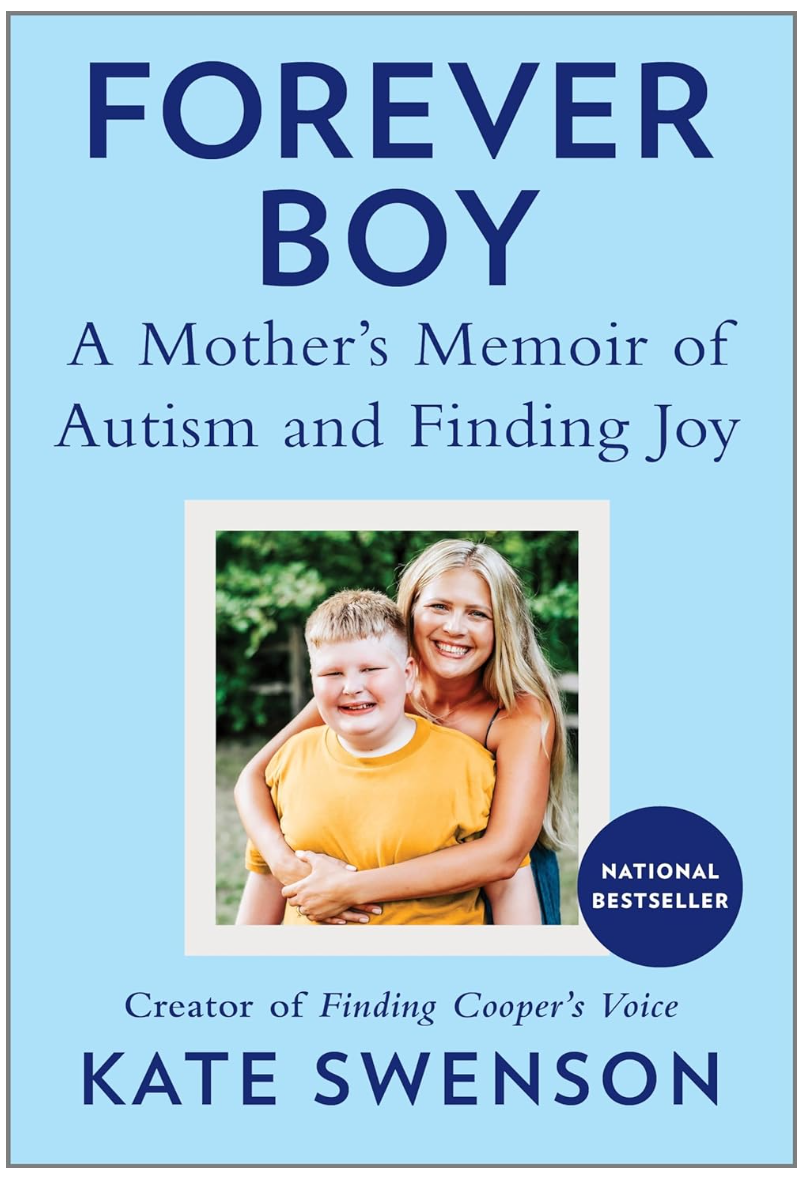How to Borrow a Speech Device in your State

My son Cooper received his speech device when he was four years old. At the time I was overwhelmed by it. Not only did I feel the emotional strains of it I felt like getting one was such a huge commitment. Would it work? Should we try it? Will he even use it? I just didn’t know. I didn’t know how much energy I should put into advocating for a device either.
I’ve felt this same way with many assistive technology devices. I wanted to try before buying. I recently attended a presentation by the Minnesota STAR Program. STAR’s mission is to help all Minnesotans with disabilities gain access to and acquire the assistive technology they need to live, learn, work and play. They offer short-term loans, open-ended loans and even do device demonstrations.
This means you can borrow a device through a short-term loan before you decide to actually purchase or advocate to get one provided. I wish I would’ve known this when Cooper was younger. If you are a resident of Minnesota like me you can even search their online database to see what items they have available right now. Click HERE to search.
Many states offer help with assistive technology. Click HERE to find your state program.
Understanding Assistive Technology
Did you know that assistive technology:
- Covers a wide range of items, everything from inexpensive pencil grips to complex technology for communicating and controlling appliances, electronics, and more
- Can be used at home, school, work and in the community-wherever the need arises;;/li
- Can be store bought, a solution made at home, or even an item professionally designed and fabricated
Assistive Technology Categories
State Assistive Technology Act programs use 10 categories for classifying assistive technology devices.
- Vision (e.g. magnifiers, CCTV systems, talking devices, screen reader software)
- Hearing (e.g. personal amplification systems such as hearing aids, visual or tactile alerting systems, captioning, amplified telephones)
- Speech Communication (e.g. speech generating devices, communication boards/books, software with speech output, voice amplifiers)
- Learning, cognition, and developmental (e.g. memory aids, instructional materials, personal organization tools, sensory stimulation products)
- Mobility, seating and positioning (e.g ambulatory aids, wheelchairs, scooters, contoured seating systems, head supports)
- Daily living (e.g. modified tools and utensils, writing guides, switch adapted appliances, zipper pulls, reacher)
- Environmental adaptations (e.g. alarm and security systems, lifts, ramps, door and gate openers, switches to control various appliances, lights, telephones, etc.)
- Vehicle modification and transportation (e.g. adaptive shoulder and seat safety belts, hand controls, tie downs and lock downs that secure a wheelchair to the vehicle floor)
- Computers and related peripherals (e.g. alternative keyboards and pointing devices, switches and scanning software for computer access, touchscreens, voice recognition software)
- Recreation, sports, and leisure (e.g. switch adapted games and toys, playing card shuffler, adapted sporting equipment, adapted musical equipment)
A device may fit into more than one category depending upon the needs of the consumer and how and where the device is used.
Assistive Technology: Simply Said
In order to help others better understand assistive technology, STAR funded a video produced by PACER Center and inspired by the video style of Common Craft. This short animated clip answers the question, What is assistive technology?!
https://youtu.be/ZkjxnXMndPk
Finding Cooper’s Voice is a safe, humorous, caring and honest place where you can celebrate the unique challenges of parenting a special needs child. Because you’re never alone in the struggles you face. And once you find your people, your allies, your village….all the challenges and struggles will seem just a little bit easier. Welcome to our journey. You can also follow us on Facebook and subscribe to our newsletter.

